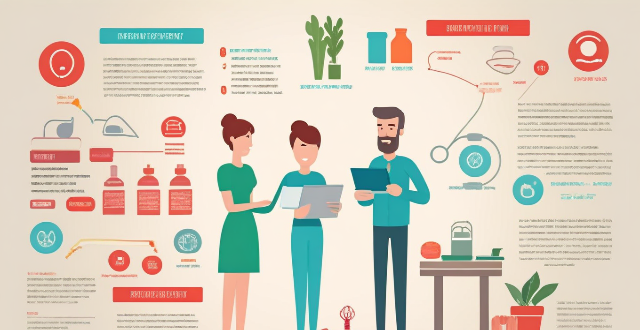To ensure the safety of your family during an emergency, create an emergency plan that includes a contact list, meeting place, escape routes, and assigned responsibilities. Maintain essential supplies such as food, water, medical supplies, and an emergency kit. Stay informed about local emergencies through news sources, alert apps, and local alert systems. Secure your home by inspecting for hazards, reinforcing doors and windows, and having smoke detectors and fire extinguishers. Educate your family on self-defense techniques, first aid and CPR, and discuss potential emergencies.

How Can I Ensure the Safety of My Family During an Emergency?
Ensuring the safety of your family during an emergency is a top priority. Here are some steps you can take to protect your loved ones:
1. Develop an Emergency Plan
- Create an Emergency Contact List: Include names, phone numbers, and any other important information for each family member.
- Designate a Meeting Place: Choose a safe location outside your home where everyone can gather in case of an emergency.
- Plan Escape Routes: Identify multiple escape routes from your home and practice them with your family.
- Assign Responsibilities: Assign specific tasks to each family member, such as gathering essential supplies or assisting younger children.
- Practice Your Plan: Conduct regular drills to ensure everyone knows what to do in case of an emergency.
2. Maintain Essential Supplies
- Stockpile Emergency Supplies: Keep enough food, water, and medical supplies to last at least three days.
- Prepare an Emergency Kit: Include items such as flashlights, batteries, first aid kits, and personal hygiene items.
- Maintain Important Documents: Keep copies of important documents (e.g., passports, birth certificates) in a waterproof container.
3. Stay Informed
- Monitor Local News Sources: Stay updated on weather conditions, natural disasters, or other emergencies that may affect your area.
- Install Alert Apps: Use apps that provide real-time updates and alerts for emergencies in your region.
- Register for Local Alert Systems: Sign up for text or email alerts from your local government or emergency management agency.
4. Secure Your Home
- Inspect Your Home for Hazards: Look for potential risks like loose wires, leaky pipes, or unstable furniture that could cause injury during an emergency.
- Reinforce Doors and Windows: Install deadbolts and impact-resistant glass to prevent forced entry.
- Have Smoke Detectors and Fire Extinguishers: Install smoke detectors on every level of your home and keep fire extinguishers within reach.
5. Educate Your Family
- Teach Basic Self-Defense Techniques: Enroll family members in self-defense classes to increase their confidence and ability to protect themselves.
- Learn First Aid and CPR: Attend training courses to prepare for medical emergencies.
- Discuss Potential Emergencies: Talk openly with your family about different types of emergencies they might face and how to respond appropriately.
By following these steps, you can significantly enhance the safety and preparedness of your family during an emergency. Remember, being proactive and informed can make all the difference when it comes to protecting your loved ones.